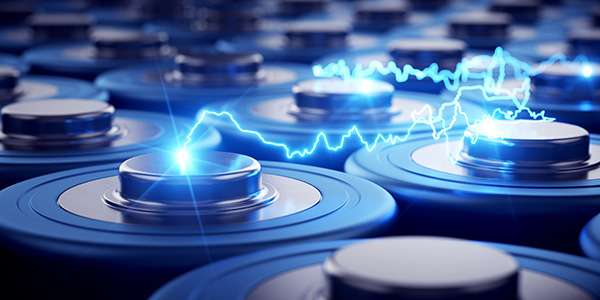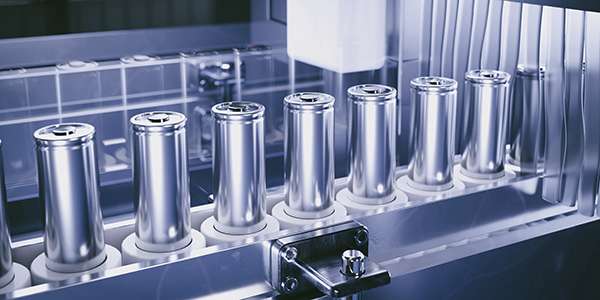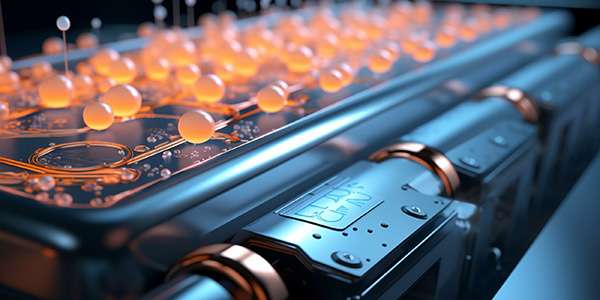Decarbonization Solutions
Interested in seeing solutions in action? Discover real-life success stories from across the decarbonization industry.
Battery
Cathode Active Materials in Electric Vehicle (EV) Battery Production
The demand for reliable energy storage, particularly Lithium-ion batteries, is vital for EV transportation. Recent advancements in Cathode Active Materials (CAM) have enhanced battery performance, affecting energy density, cycle life, and safety. High-performance filtration for these materials has also improved cost efficiencies for a chemical company. Discover more in our case study.
How a New Manufacturing Plant Raised the Bar Producing High-Energy Cathode Active Materials
The need for continuous development and deployment of reliable and energy storage devices such as Lithium-ion rechargeable batteries has become increasingly important for EV transportation modes. Read on to see the full story of our partnership that resulted in filtration and separation solutions that optimized cost of ownership, ensured a continuous production and simplifed the maintenance of operations.
Achieving Compliance with Technical Specifications & Significantly Increasing Overall Quality of Finished Products
The market demand for more autonomy and flexibility in EV batteries encourages manufacturers to keep developing new designs and innovative materials. In this case study, learn the positive impact two major chemical companies achieved when they upgraded their filtration solutions.
Exceeding Results in Liquid Electrolytes in Electric Vehicle (EV) Battery Production
Learn how a chemical company enhanced its filtration system to meet the strict cleanliness standards required by electric vehicle (EV) battery manufacturers. By implementing PTFE-coated filter vessels that can withstand high acidity, the company effectively combats premature aging and damage to its products.
Renewable Biofules
Pall filtration and separations systems help meet your API 692 challenge
An international energy company faced recurring dry seal failures in their offshore compressor trains due to non-compliance with the API 692 standard for dry gas sealing systems. Discover how Pall's high-performance particulate filtration and coalescer technology helped them meet these standards.
German biorefinery prevents contaminated feedstock from fouling the catalyst, ensuring the reactor's full campaign length.
A German refinery collaborated with Pall engineers to assess contamination levels and identify an appropriate contamination control solution for their HDO catalyst. Pall's solution improved the protection of the refinery's catalyst from harmful contaminants in the bio-feedstock, addressing performance maintenance, premature replacements, production loss, and increased costs.
Plastics Recycling
A leading European plastics recycling plant approached Pall to help them improve the quality of their pyrolysis oil by removing both residual solid and liquid contamination. The variable quality and type of waste plastic fed into the process results in the pyrolysis oil containing high levels of contaminants, such as particles, semi-solids, and water. All of these contaminants must be removed for the oil to meet the specifications set by the end user.












